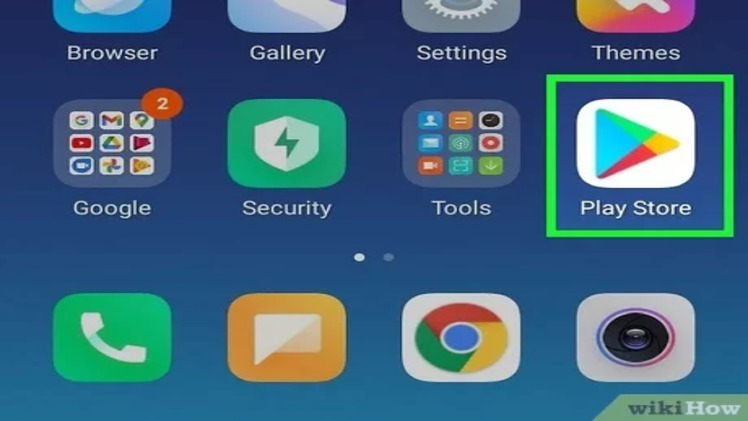In today’s hyperconnected world, apps have become an indispensable part of our daily lives. From the moment we wake up to check our messages and news to the time we wind down with a game or streaming service, apps seamlessly integrate into our routines, offering convenience, entertainment, and connectivity.
The Rise of the App Ecosystem
The app revolution began in 2007 with the launch of Apple’s App Store, followed by Google’s Play Store in 2008. These platforms provided a centralized marketplace for app developers to distribute their creations, making apps accessible to millions of users with just a few taps.
The proliferation of smartphones and tablets further fueled the app boom. These devices, with their powerful processors, touchscreens, and internet connectivity, became the ideal platforms for running apps. As the app ecosystem grew, so did the diversity of apps, catering to a wide range of needs and interests.
The Impact of Apps on Society
Apps have transformed the way we communicate, consume information, conduct business, and entertain ourselves. Social media apps like Facebook, Twitter, and Instagram have revolutionized social interactions, allowing us to connect with friends and family across the globe. News apps like The New York Times and BBC News provide real-time updates on current events, while e-commerce apps like Amazon and Alibaba have transformed the way we shop.
Apps have also had a profound impact on the workplace. Productivity apps like Slack and Trello have streamlined communication and collaboration, while mobile banking apps have made financial transactions more convenient. The rise of the gig economy has been fueled by apps like Uber, Lyft, and TaskRabbit, which connect individuals with on-demand services.
The Challenges and Implications of Apps
While apps have undoubtedly brought about positive changes, they also raise concerns about privacy, security, and addiction. The vast amount of personal data collected by apps raises concerns about data breaches and the potential for misuse. The addictive nature of some apps can lead to social isolation, decreased productivity, and even mental health issues.
As apps become increasingly sophisticated, they also raise ethical concerns about artificial intelligence, algorithmic bias, and the potential for manipulation. It is crucial to ensure that apps are developed and used responsibly, with respect for individual privacy, ethical considerations, and the overall well-being of society.
The Future of Apps: Shaping the Digital Landscape
Apps continue to evolve at a rapid pace, driven by technological advancements, user demand, and the creative ingenuity of developers. Artificial intelligence, augmented reality, and virtual reality are poised to revolutionize the app experience, creating more immersive, interactive, and personalized apps.
The future of apps will be shaped by the convergence of physical and digital worlds. Apps will become seamlessly integrated into our daily lives, providing real-time information, context-aware services, and personalized experiences. Apps will play a crucial role in addressing global challenges such as climate change, urban development, and healthcare.
Conclusion
Apps have transformed the way we live, work, and play, becoming indispensable tools for communication, entertainment, and productivity. While apps have undoubtedly brought about positive changes, they also raise concerns about privacy, security, and addiction. It is essential to use apps responsibly, with awareness of their limitations and potential risks. As apps continue to evolve, we must ensure that they are developed and used ethically, contributing to a more connected, informed, and equitable society.

